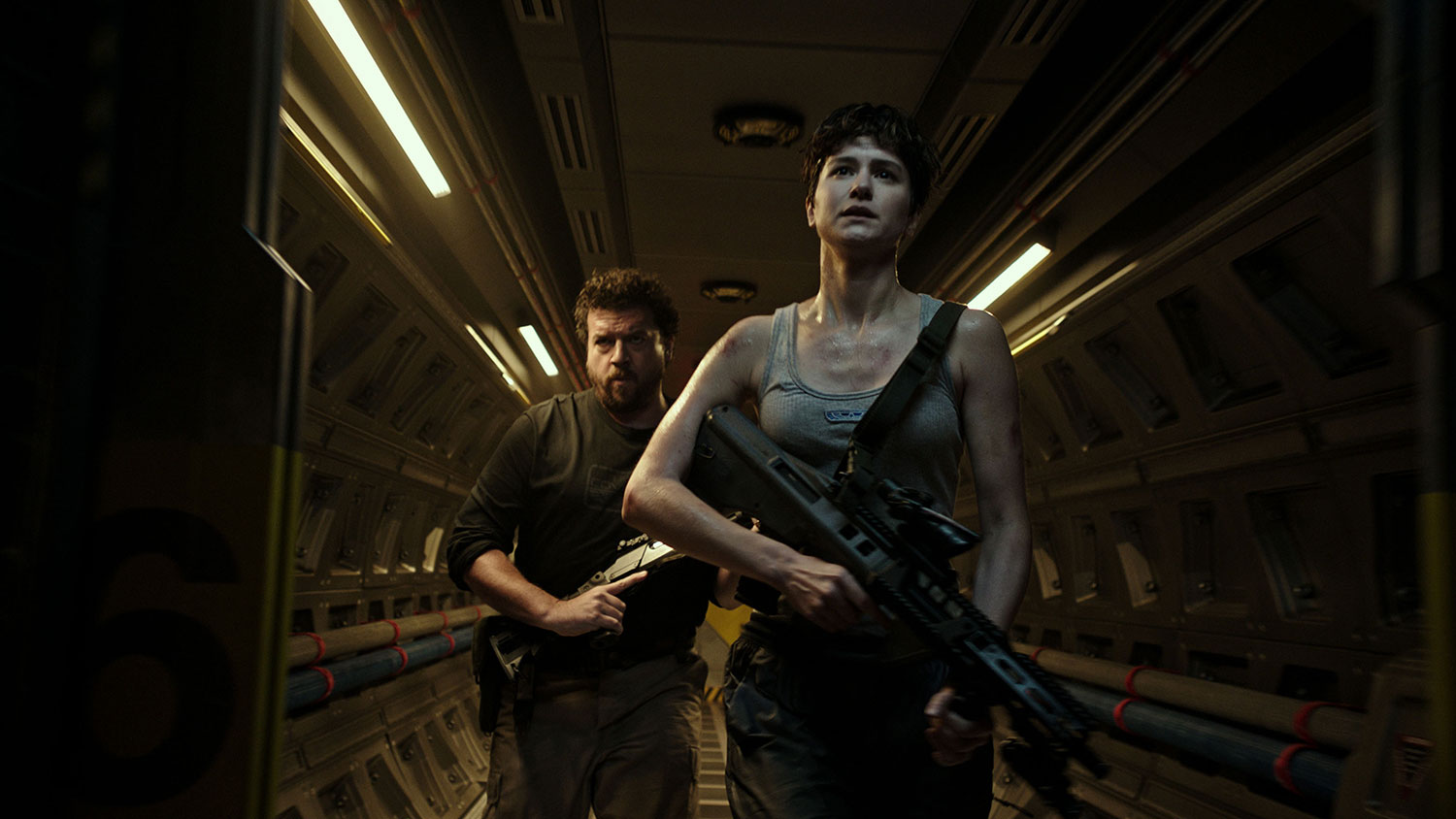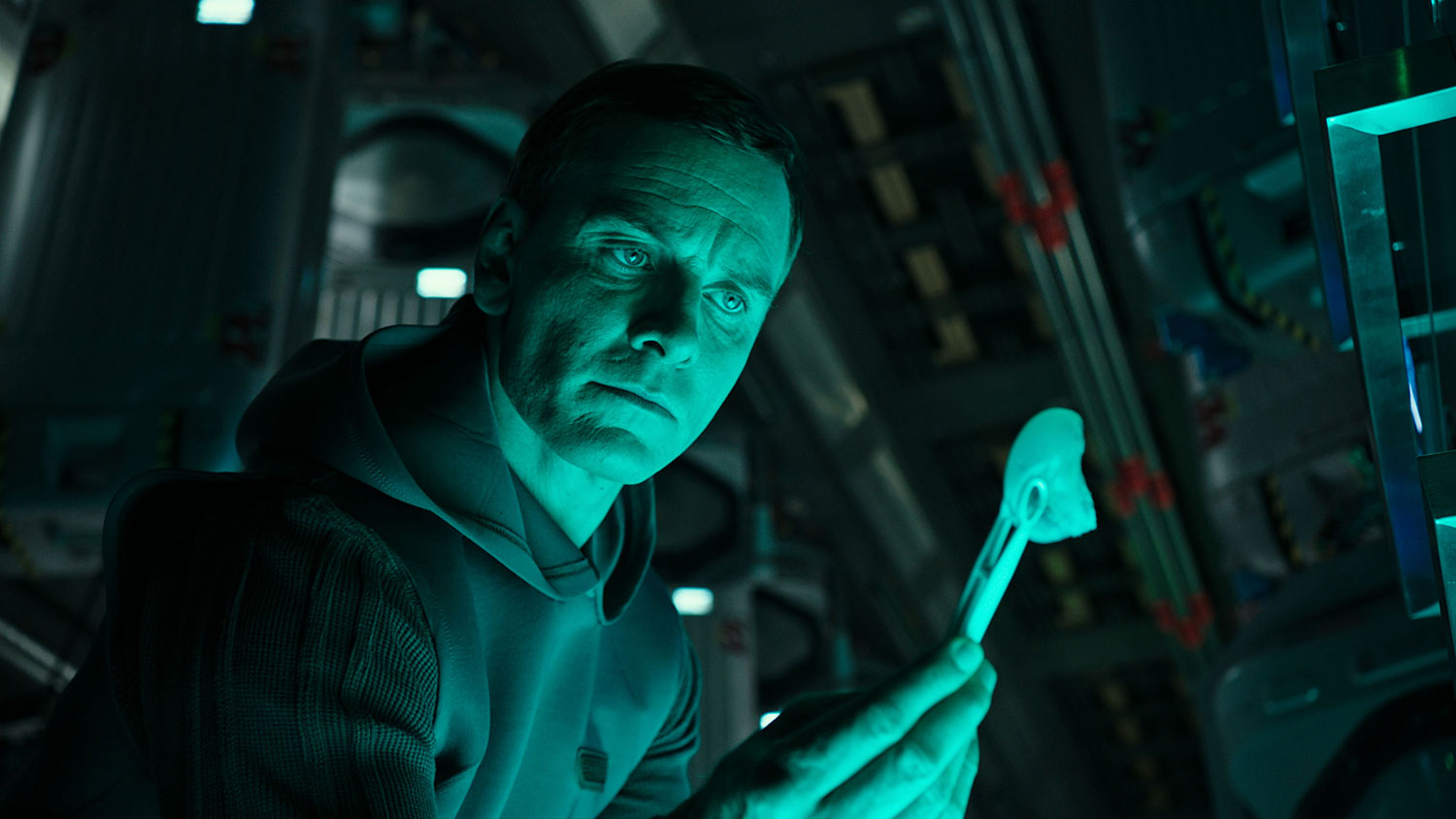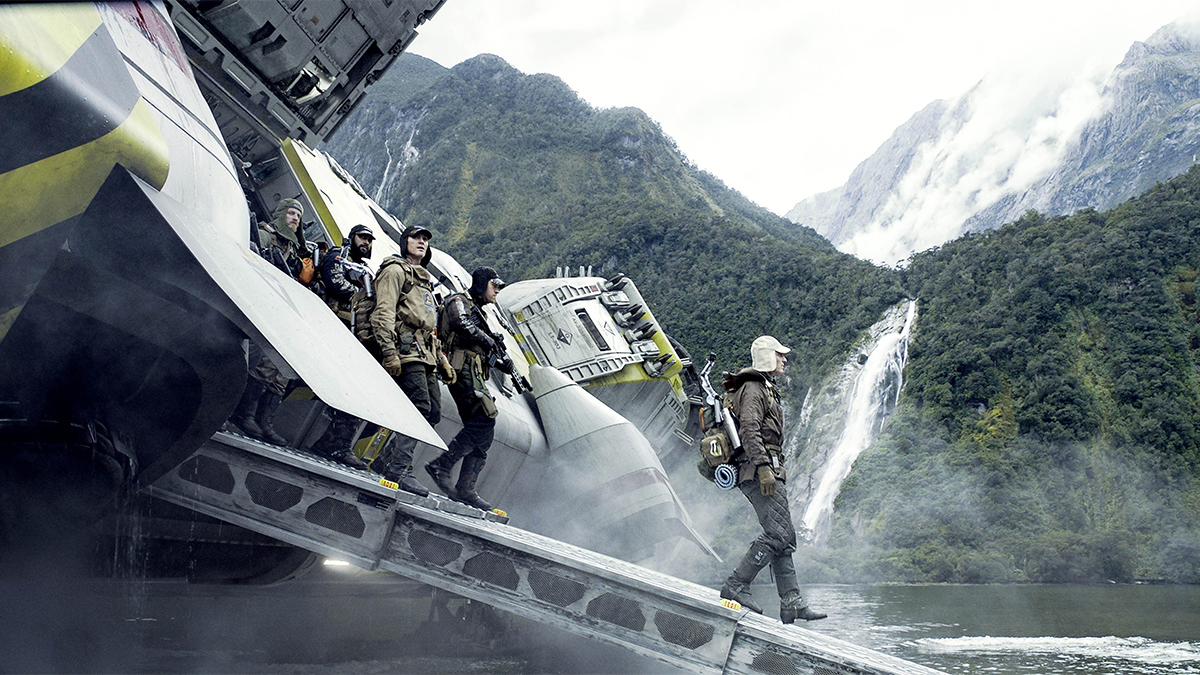Ridley Scott’s 1979 masterpiece Alien was a groundbreaking work that merged the best of sci-fi and horror with visual effects that raised the bar. Nearly 40 years later, it’s clear that the director is lost in his own world.
Alien was amazing, and it was surprising that its 1986 sequel directed by James Cameron managed to feel so fresh while upping the ante. More sequels followed, but none came close to those first two installments. Even when Scott opted to direct the 2012 prequel, Prometheus, the result was a film with some memorable scares, but widely criticized for its convoluted, confusing story.
Alien: Covenant occasionally feels like it’s drifting farther off the rails than its predecessor.
With Alien: Covenant – the direct sequel to Prometheus and a bridge to the events of Alien – Scott had the freedom to sample from the best of both the prequel story he’s created and the original film that spawned the franchise. Unfortunately, he seems to have a very different idea of what constitutes the best of the Alien movies.
Set 10 years after Prometheus, Alien: Covenant follows the crew of a colony ship en route to a distant planet. The ship is packed with thousands of colonists in suspended animation. After a random cosmic incident forces the ship’s crew to be revived early, they encounter a mysterious signal that leads them to an idyllic planet that seems preferable to their original destination.
As you might expect, things are not what they seem – and the crew members soon find themselves hunted by a deadly alien species.
The film’s first act is promising, with big surprises, ample amounts of suspense, and the sort of cosmic claustrophobia that set the tone for the 1979 classic. Scott is an expert at creating a sense of dread that looms over his characters, and that vibe permeates every second of Covenant – but it’s felt most acutely in the early scenes.
Michael Fassbender reprises his role as the “synthetic” android David from Prometheus, and ends up playing dual roles as a later model of the same android, named Walter. Given his accolades as an actor, it’s no surprise that Fassbender does a fine job of differentiating between his two characters, even when they’re occupying the same screen.
Still, by devoting so much attention to David, Walter, and the philosophical quandaries these synthetic humans pose, Alien: Covenant can feel like it’s drifting even farther off the rails than its predecessor.
Ridley Scott’s Alien prequels seem determined to get lost in their own mythology.
Scott’s desire to transform the Alien franchise from a moody cosmic creature feature into an existential exploration of the nature of humanity and creation polarized audiences in Prometheus, but that film managed to balance things out somewhat with its most memorable sequences (such as Noomi Rapace’s self-surgery scene) – which felt fresh and frightening in equal measures. What Prometheus lacked in coherent story, it made up for with scares. Covenant falls short in both respects.
Although Inherent Vice and Fantastic Beasts and Where to Find Them actress Katherine Waterston is billed as the film’s lead, the story’s focus is clearly on Walter and David – as evidenced by the very first scene in the film, which flashes back many years to show David questioning his purpose. From that point forward, it’s difficult to regard any of the human characters as anything but monster fodder, no matter how much (or how little) we learn about them.
With the focus squarely on the androids and how their philosophical questions shape the lives – and more often, the deaths – of the human characters around them, Alien: Covenant never makes us care about the humans enough to get scared for them. Sure, there are creatures running around doing terrible, brutal things to the crew of the colony ship, but the perspective of the film always feels above all of that carnage. Covenant isn’t truly about the terror of being hunted by a vicious, acid-blooded monster that might impregnate you with its chest-bursting spawn. Instead, it focuses on the terror of a life spent uncertain of one’s creators and ultimate purpose, which means it missed its own ultimate purpose.

Waterston holds her own in a physical role that has her engaging in some impressive action sequences. Though the film never really gives her the attention the franchise gave Sigourney Weaver’s Ripley, she still feels like a strong, take-charge protagonist. As the ship’s pilot, Danny McBride also shows some range away from his usual comedic parts, and brings about as much depth as an actor can possibly bring to the role he’s given.
As for the creatures, Alien: Covenant clearly made some effort to return to its practical-effects roots, and the movie benefits from that additional sense of texture in its monsters. Although the aliens feel like they’re a supporting act to the film’s larger, existential story, there’s a sense that Covenant could have been a much scarier – and possibly much better – movie if it had appreciated its monsters a little more. The aliens and the effects that bring them to life are impressive, but ill-served by the focus of the film.
Rather than hewing closer to what made those first two films so popular, Ridley Scott’s Alien prequels seem determined to get lost in their own mythology, content in the belief that inserting a few familiar monsters will satisfy fans. If anything, Alien: Covenant is proof that adding some nostalgic creature effects can’t hide the problems with these prequels’ direction.
Instead of meandering, Alien: Covenant should have focused on its own reason for existing – which is right there in its title.







